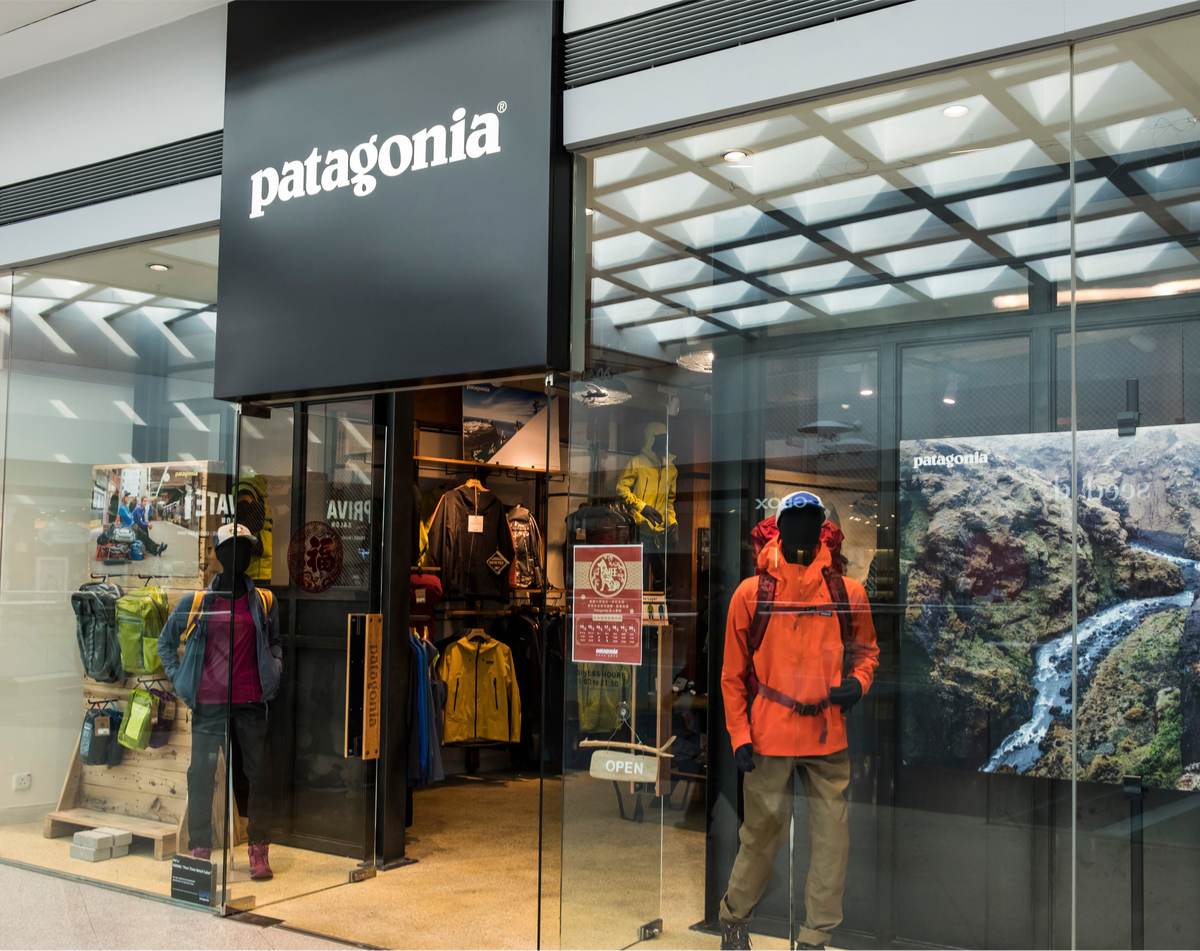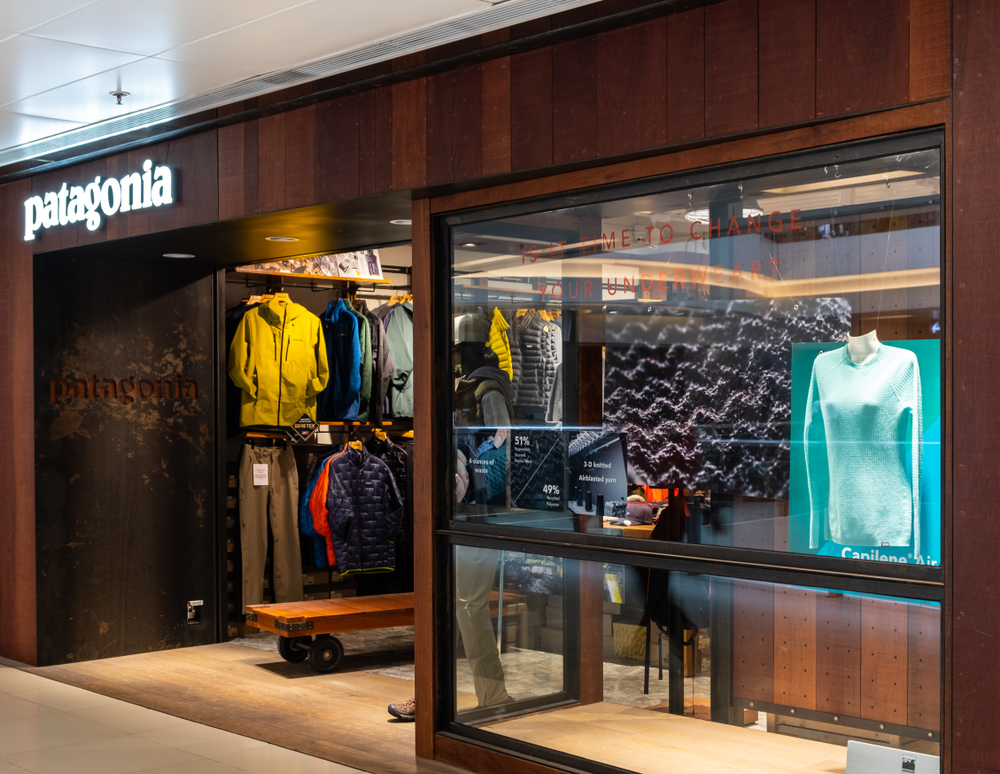With a deep understanding of how important it is to become and remain sustainable in the fashion industry today, the outdoor apparel brand Patagonia is making a big effort and is constantly searching for ways to improve its own business practices for the sake of a healthier environment.
Patagonia has grown from a small company for climbers’ tools to the well-known brand it is nowadays, while alpinism still remains the main focus – they still make clothes for climbing, as well as for other so-called “silent” sports that don’t require a motor (skiing, snowboarding, surfing, paddling and running).

In 1996, the company went green in its business processes and it’s still revealing its potential in the sustainable fashion field.
This is how the brand has been dealing with environmental issues for over 30 years:
– The Earth Tax: Patagonia is famous for giving over 1% of its total revenue (or 10% of the profit) to environmental organisations. They believe this is the minimum the company can do for our planet in return for using its resources.
– Renewable energy: the company switched to alternative energy sources with near 500 solar panels
– atural fibers: hemp, organic cotton, Tencellyocell, Yulex
– Recycled fibers: plastic bottles and old clothes are recycled in order to produce new fashion garments
– Green Buildings: Patagonia upgraded its 7 business buildings to improve the efficient use of energy, water, and materials, and also to reduce the impact on human health and the environment for the entire lifecycle of the buildings.
– Using the company’s voice to advocate for systemic change and to fight for a healthier environment

– Supporting regenerative practices in ranching and agriculture, which increases biodiversity, enriches soils, improves watersheds, and enhances ecosystem services
– Creating Drive-Less program which provides a monetary incentive for employees who ride a bike/ skateboard, take public transportation or carpool (anything but drive alone) to work.
– Paper Policy: the company is using a big amount of paper, so it’s trying to use 100% recycled paper or at least paper that contains virgin fibers from non-endangered forests.
Basically, all Patagonia does is out of love and care for the environment. That’s how the company has become a leader in the green fashion industry – by setting a good example for other fashion companies to follow.